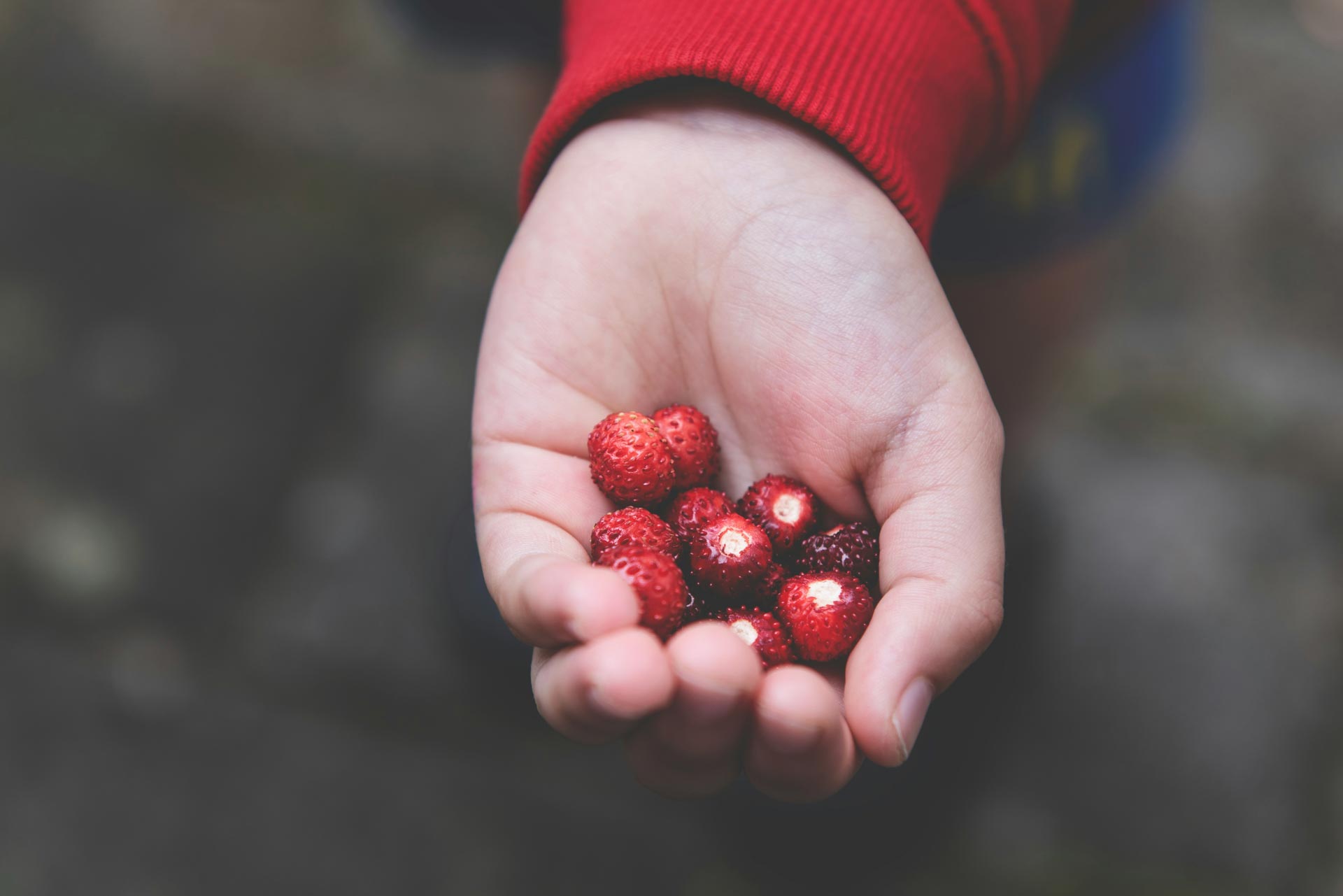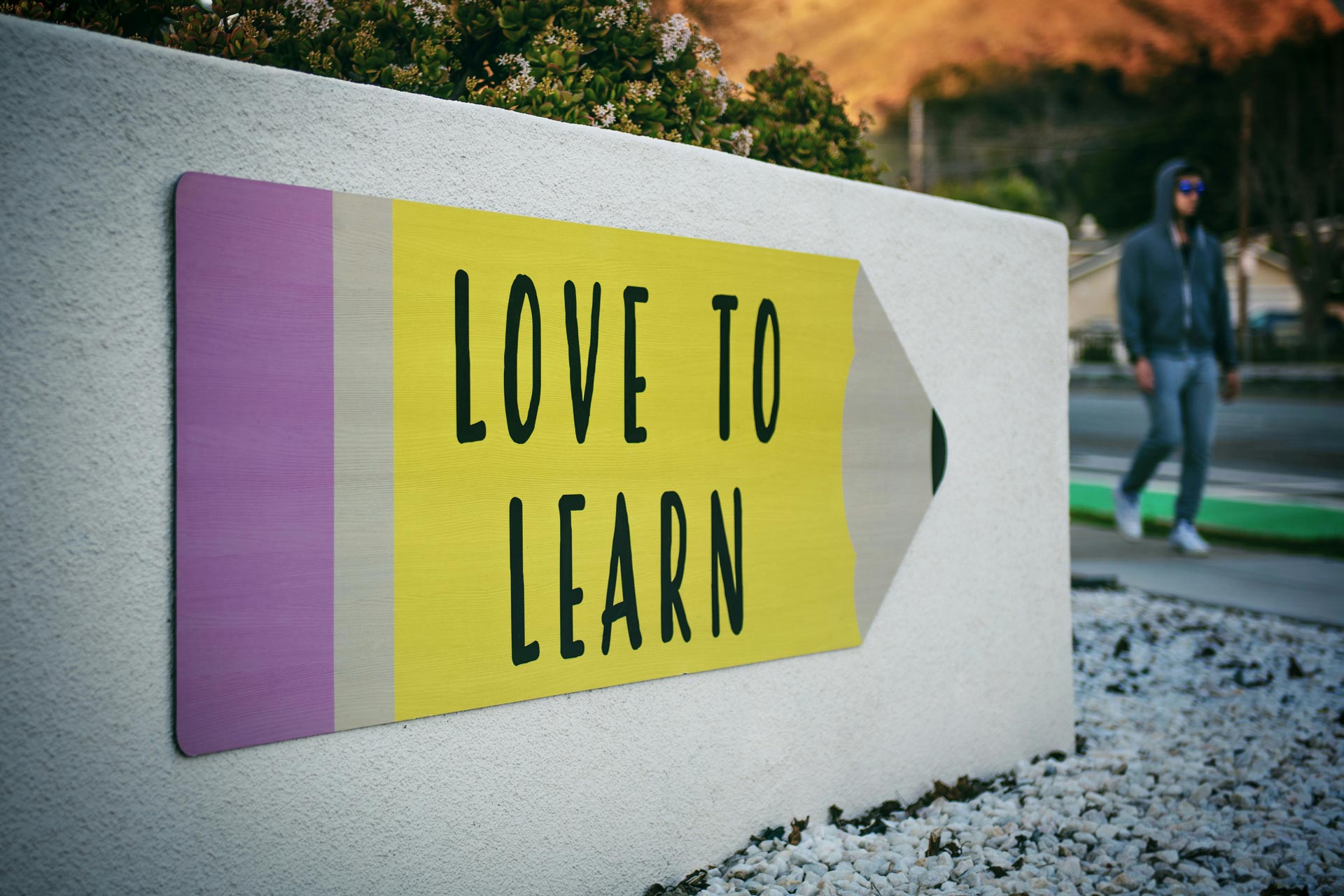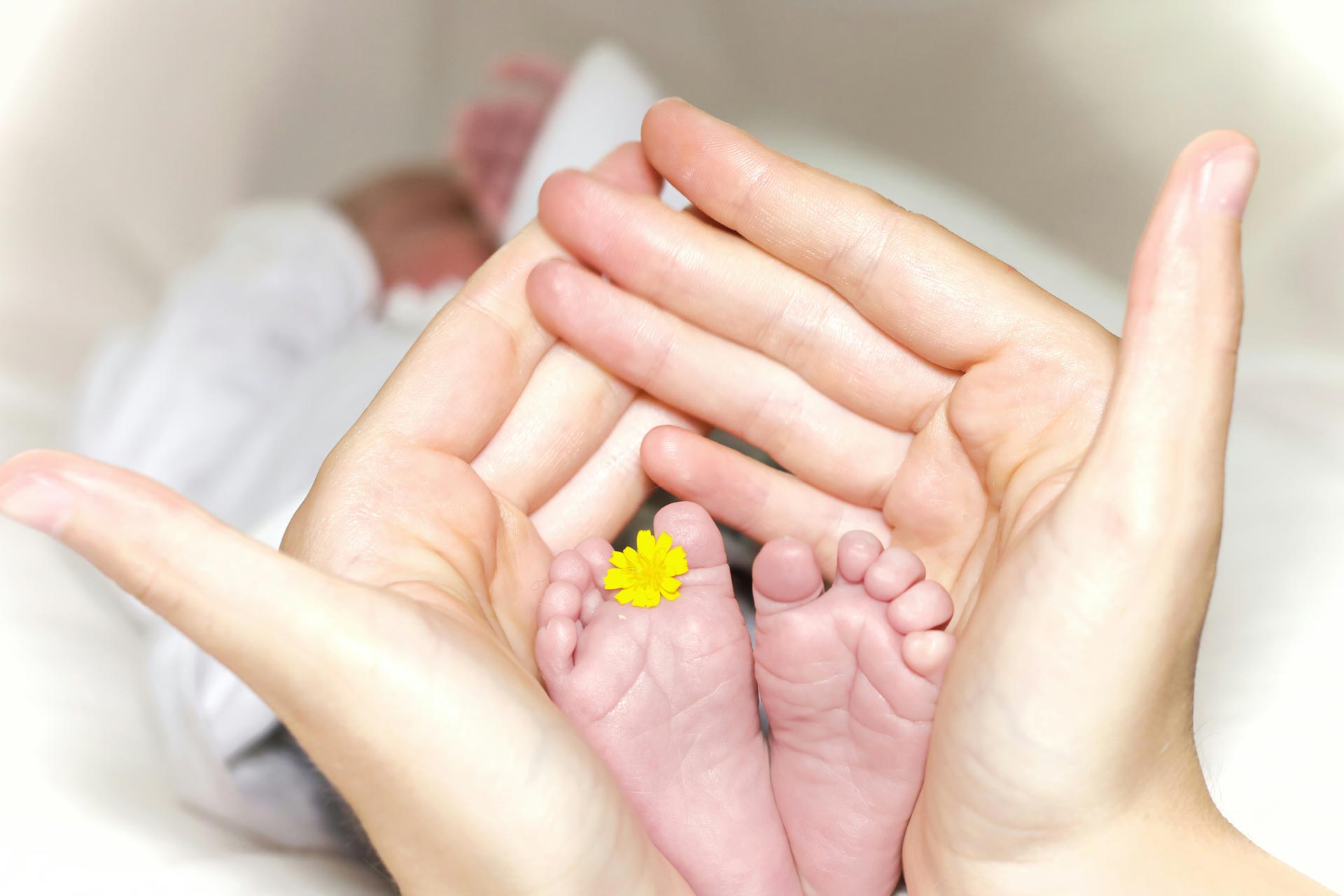My mistake!
What are mistakes in dealing with children anyway? Perfectionism has never helped us when it comes to anything relating to children. How can we turn mistakes into learning opportunities?
Mistakes and challenges: How mishaps become opportunities for growth
Mistakes happen. We have a plan in our heads and then we do something else. The foot does NOT cross the threshold but gets stuck. The post does NOT go online on Thursday, but not at all. The A-word crosses our lips even though we were still meditating this morning.
These are mistakes, and they happen. Challenges are situations that I can face. A mistake can become a challenge.
The most beautiful things can come from something broken. Think of a mosaic.
An example: I promise the child in my life an ice cream after daycare. Mistake! I forget that we urgently need to go shopping and get home as quickly as possible because the electricians are coming. This creates the challenge of how to deal with the screaming child who is rightly demanding an ice cream.
After the situation has calmed down I can reflect on how to prevent this type of frustration. Maybe I can learn from it, that next time I think before I make promises? Or I think about how to phrase promises so as not to raise expectations.
My motto: Understand, question, make mistakes.
What are mistakes when dealing with children?
From a learner’s point of view, these are all the occasions when I know I could have done better. When I shouted, when I nagged, when I belittled a child because I was hurt myself, when I was unfair. In everyday life with children, there are a hundred opportunities to make mistakes. We usually feel bad because our high ideal would have liked to have done something differently. But what? The worst thing we can do is to cover up or defend the mistake. That would be an unwise decision. The question is always: What do you think? What do you feel? What do you decide?
Acknowledge mistakes
A world in which people can say: “My mistake – I’ll fix it!” is a more relaxed one than the one in which everyone always knows and can do everything and where it is highly embarrassing to forget, mess up or go wrong. Just being human. That includes apologizing.
Unfortunately, many people seem to find it very difficult to apologize – why is that? Because in our culture, mistakes are a personal weakness. It is regarded a weakness to admit and correct a mistake. Or even to admit that one had no idea how to make a better decision in the situation. But wouldn’t that be immensly helpful for learning and growing?
Laughing about our mistakes
It took a while before I was actually able to do it. I often see children who can’t do it because no one sets an example for them. If you make yourself feel bad, saying things like “What a stupid thing I’ve done again” or “I’m a fool”, or worse – does that help the situation? It usually makes it even more unpleasant because you are internally devaluing yourself. Instead, you could laugh about it and relieve the tension. This will help your brain to find a solution more quickly!
Including different perspectives
In the book “Island” by Aldous Huxley, he describes a world in which children are raised by several elective parents. The relationship with many different adults is encouraged as beneficial for child and adolescent development. He describes the situation of a protagonist who, in conflict with her biological parents, moves into the home of her chosen parents. This eases the situation for everyone involved. The parents are not solely responsible, the child also has alternative options. I can still remember how often I wished I could move out during puberty…
What this shows us, is how important different points of view can be for our growth. What some parents consider impossible others might encourage. Or maybe find a lighter way to deal with the problem. This way, a child’s horizon is widened.
Perfectionism in dealing with children and where it leads
Perfectionism has never helped us when it comes to dealing with children. We live in a time in which educational issues have arrived more in a broader part of our society than ever before. This is causing a radical change – we want to do things differently than our parents. And we also have a certain idea of how it could be done. But we are just as strict with our mistakes as the generation after the war. If I always want to be a perfect example for the child, if I don’t make any mistakes and I know all the answers – what does the child learn? They want to be like you (at least in the early years) and imitate you. Does it learn from you to either profit from mistakes or to quickly conceal them, hide them, lie about them or be ashamed of them? Perfectionism in parenting puts pressure on everyone, adults and children alike. This results in tension and conflict and, in the worst case, violence.
Perfectionism in dealing with children and where it leads
You can have wonderfully open dialogs with children. “I was really out of line earlier. I lost control of my emotions and just took them out on you. I apologize for that. Let’s talk about it when I’m calmer, okay?” – Sentences like this mend the relationship in an instant and restore trust. And if we’re completely honest, it makes us feel better too. What does a child think, feel and decide when they hear a sentence like this from you?
As a practical tip at the end: If you make mistakes and don’t know what you could do differently, get the Positive Discipline toolcards. You can find them in the Appstore.
Have fun making mistakes! I look forward to hearing about your experiences at the free discussion party. Subscribe to my newsletter and never miss an invitation.
Bleibe auf dem Laufenden!
Melde dich hier für meinen Newsletter an
Durch deine Anmeldung akzeptierst du die Datenschutzbestimmungen
Verwandte Beiträge
Blog Posts
What does unconditional love really mean? How do we start with ourselves and change our inner dialogue in order to...
Wie könnte eine Welt aussehen, in der alle Geschlechter von klein auf lernen, Grenzen zu respektieren? Welche...
Über die widersprüchlichen und oft politisierten Ansichten über Mutterschaft und die unrealistischen Erwartungen,...


